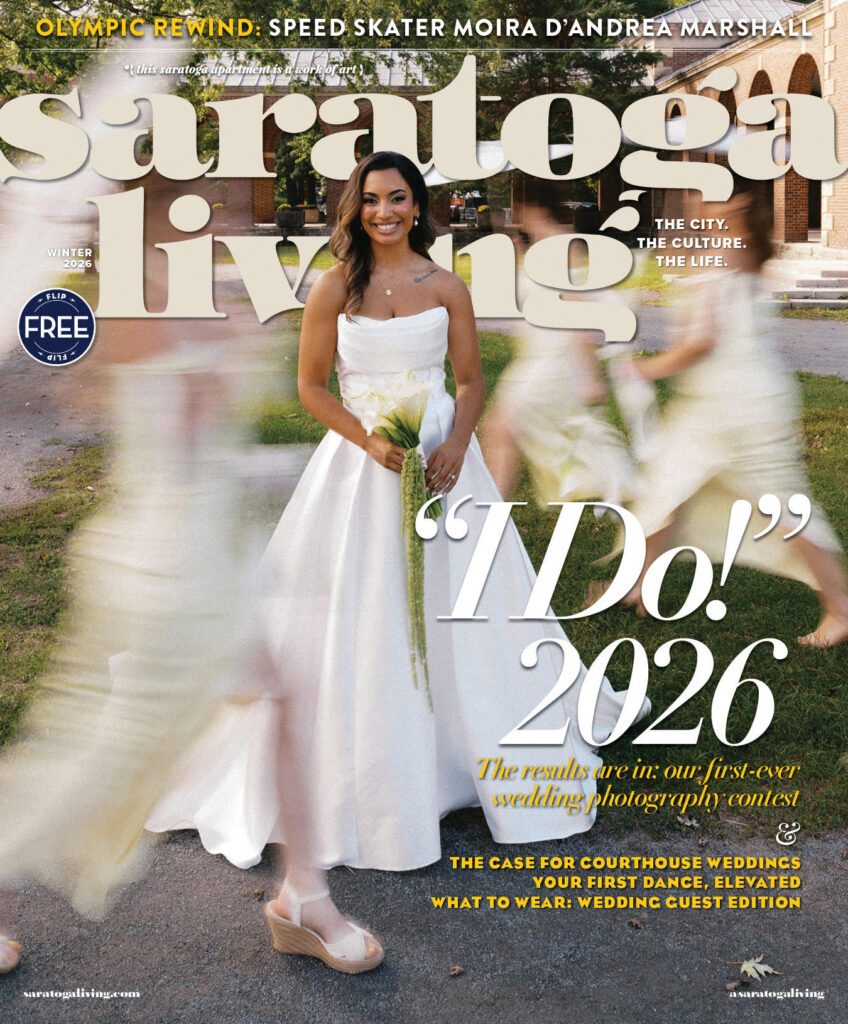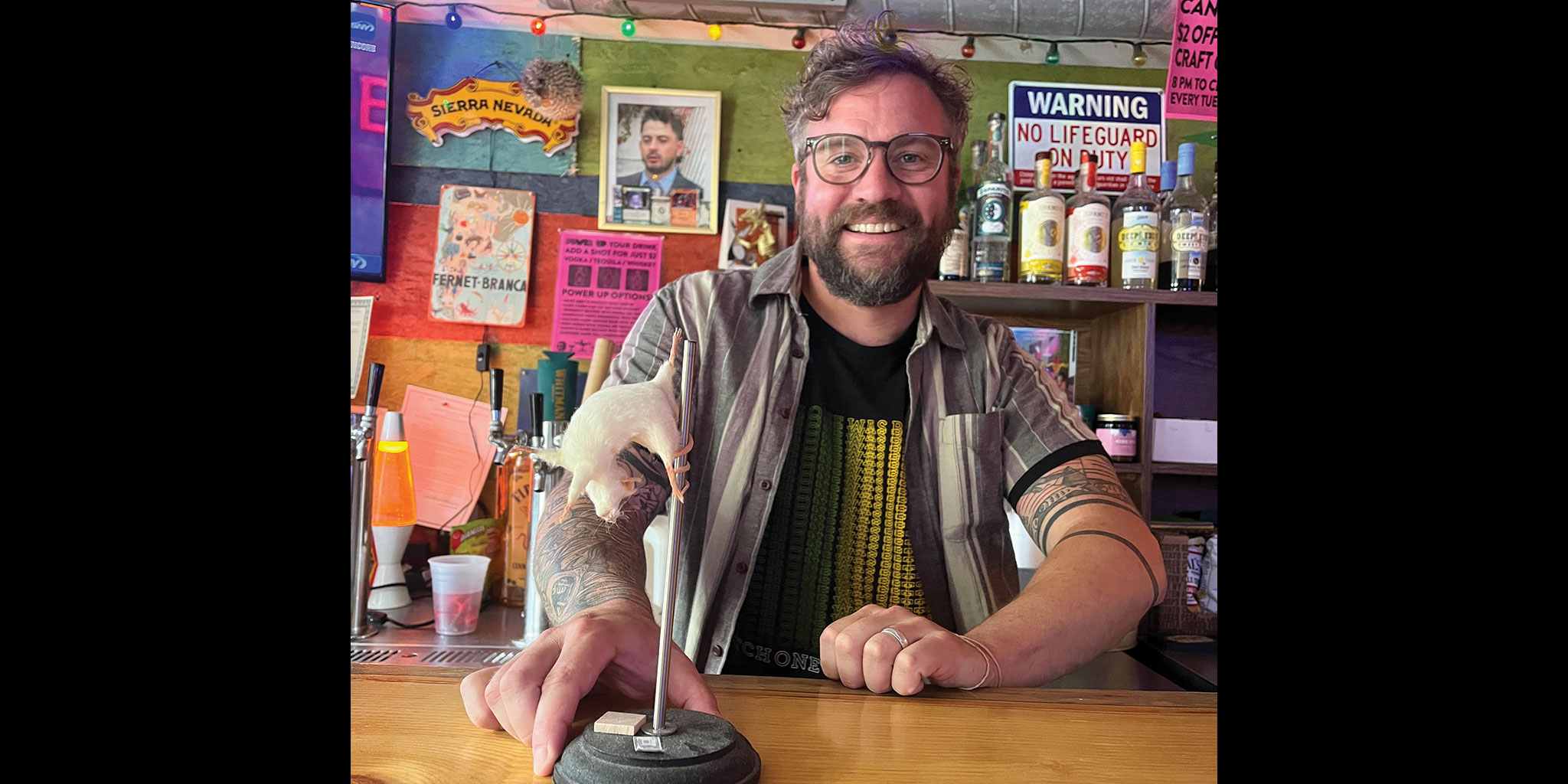Even though she’s never composed an opera before, that won’t stop award-winning, NYC composer inti figgis-vizueta from writing one—in a tight six-week window no less, and entirely based on the unique talents of this year’s festival artists, whom she won’t meet until they land in Saratoga. Earlier this year, Opera Saratoga selected the composer, renowned for her collaborative and surreal cinematic style, for the opera company’s inaugural composer-in-residence position. The opera, which at press time figgis-vizueta had not yet even begun writing per her contract, will have its world premiere at Universal Preservation Hall on June 30,with a second performance on July 5.
Unlike other composer-in-residence positions, where composers are expected to trot out extant works, Opera Saratoga’s Ritzenberg Composer-in-Residence is being hired to take a risk on something entirely new and bespoke for the festival. The art of hedging risks is this season’s exciting theme—which will be highlighted by the big bets in Guys and Dolls and a funny wager in Mozart’s Così fan tutte—and the pièce de résistance of this daring and adventuresome season is a living artist crafting something unique.
“It’s important to have a living composer with us this season,” says Mary Birnbaum, Opera Saratoga’s general and artistic director. “We want to invite our audiences into the kitchen to see how the sauce gets made and to honor or introduce new ways of composing opera.”
figgis-vizueta is up for the challenge. “The format of this residency is unique and lends itself to the kind of collaboration that I usually request or ask for from ensembles,” says the composer, who will generate new music material for the piece specifically for the voices of the Opera Saratoga singers. “Composing for me is much more collaborative—bringing in materials that the performers and I play with and transform, and eventually that is represented on stage.”
Of Andean and Irish descent, figgis-vizueta has been laying the groundwork for a non-traditional opera that will draw its libretto and title from two of her Irish great-great grandfather’s creative works: a neo-Celtic, illuminated manuscript called Book of the Resurrection, and his lost autobiography, Irons in the Fire. As for the score, figgis-vizueta is again defying tradition, planning for five singers, the use of electronics, and a fairly small and unusual ensemble of viola, trombone and piano. “Through this work, I’m trying to figure out what my relationship is to opera,” she says about the challenge of taking on a new form. “How can I play with structure, with the idea of making phantoms of these traditional forms while still giving arias to the soloists?”
figgis-vizueta has carved out a reputation in the classical music world for bold, experimental works liberated from traditional structures. Her music shimmers, bristles and roars with a virtuosity forblending and venturing into far-ranging and, at times, unexplored soundscapespunctuated by storms of lyricism and harmony.She’s worked with big names too—including two-time Grammy-winners the Kronos Quartet—and was named by Washington Post as one of 21 “Composers and Performers Who Sound Like Tomorrow.”
“inti’s process and ideas about collaboration are truly inspiring to me,” says Birnbaum. “I think audiences will respond to inti’s optimism, her humor, and the real beauty of her music.”
















